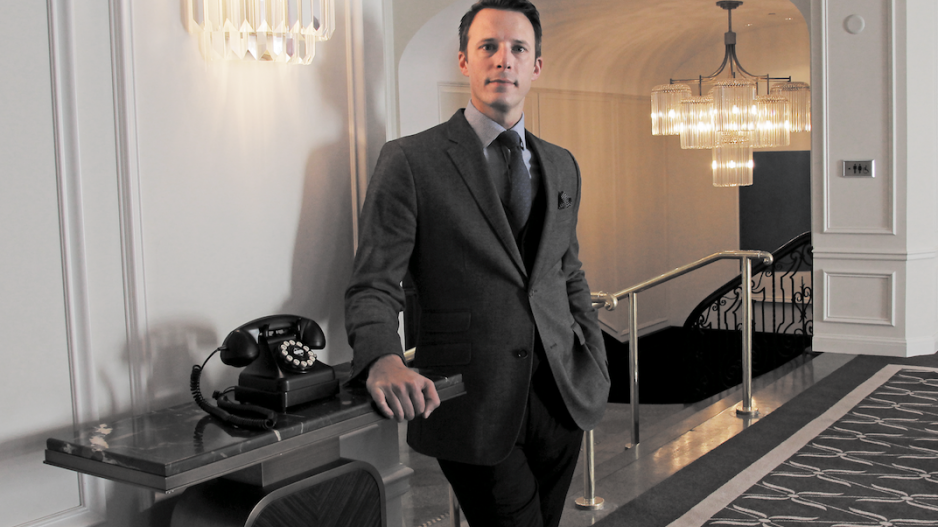The way hospitality companies use social media is quickly evolving into a way to wow guests when they least expect it.
Traditional corporate social media use has tended to consist of either pumping out marketing messages or responding to customer feedback directed to the company’s social media accounts.
But with users increasingly configuring smartphone settings to allow their locations to be digitally implanted within their Facebook, Instagram or Twitter posts, it has become easier for companies to track all social media posts that are sent from their hotel, restaurant or store’s location – even those that are not directed at the business.
While some might view it as creepy to see corporate responses to customer posts that are not directed at the company, Marriott International Inc.’s senior director of global creative and content marketing Matthew Glick told Business in Vancouver that his team has had nothing but positive responses.
For more than a year, Marriott (Nasdaq:MAR) has operated a global marketing command centre in Bethesda, Maryland, where eight employees monitor social media posts sent from the company’s thousands of hotels.
When the company next year opens in downtown Vancouver its first JW Marriott hotel in Western Canada, and the Douglas, an Autograph Collection hotel, those properties will be part of this program.
Someone who sends a social media post from a Marriott property along the lines of, “Thanks to everyone for attending our wedding. We’re now just lounging at the Marriott pool,” could be discovered by Marriott’s digital team through “geofencing.”
“We’re able to see that they’re at the JW, so we’re able to respond on social media and not only affirmatively like their post, but as they’re lounging by the pool, we’re able to send them a couple of drinks and say ‘Congratulations as you guys celebrate your honeymoon,’” Glick said.
Megan Halkett, managing partner of the social-media strategy company Patio Social, said rewarding customers’ social media posts is a good strategy on the whole, but warned that brands should be consistent and not reward birthdays one month and then fail to keep up that practice.
But unlike at the restaurant chain Denny’s, for example, freebies on birthdays are not Marriott’s policy. The whole point of its geofencing is to selectively reward customers to provide a pleasant surprise.
Other high-end hotels in Vancouver go out of their way to communicate in advance with guests to determine if they have any special needs and to find out as much as they can about the purpose of a guest’s visit.
“About 90% of the time, we’re already on it,” said Rosewood Hotel Georgia director of sales and marketing Brad Simmons.
Every Hotel Georgia guest gets an email asking for preferences, such as if they prefer gin instead of vodka in the mini-bar or fruit instead of sweets in the room.
“I wouldn’t necessarily say, as a hotel, that we follow people [on social media,]” he said.
“That would be a bit weird. But we use our social media feeds every day. If we have someone who checks into the Rosewood Hotel Georgia or Prohibition [Bar] on Instagram or Facebook and posts, ‘It’s great to be here for my birthday this evening,’ we’ll pick up on that.”
Rosewood does not yet use geofencing. Instead, it relies on being alerted with a hashtag or being tagged in the post.
“We also don’t want everyone posting something to say it’s their birthday, but we do keep our eye on things like that.” •




